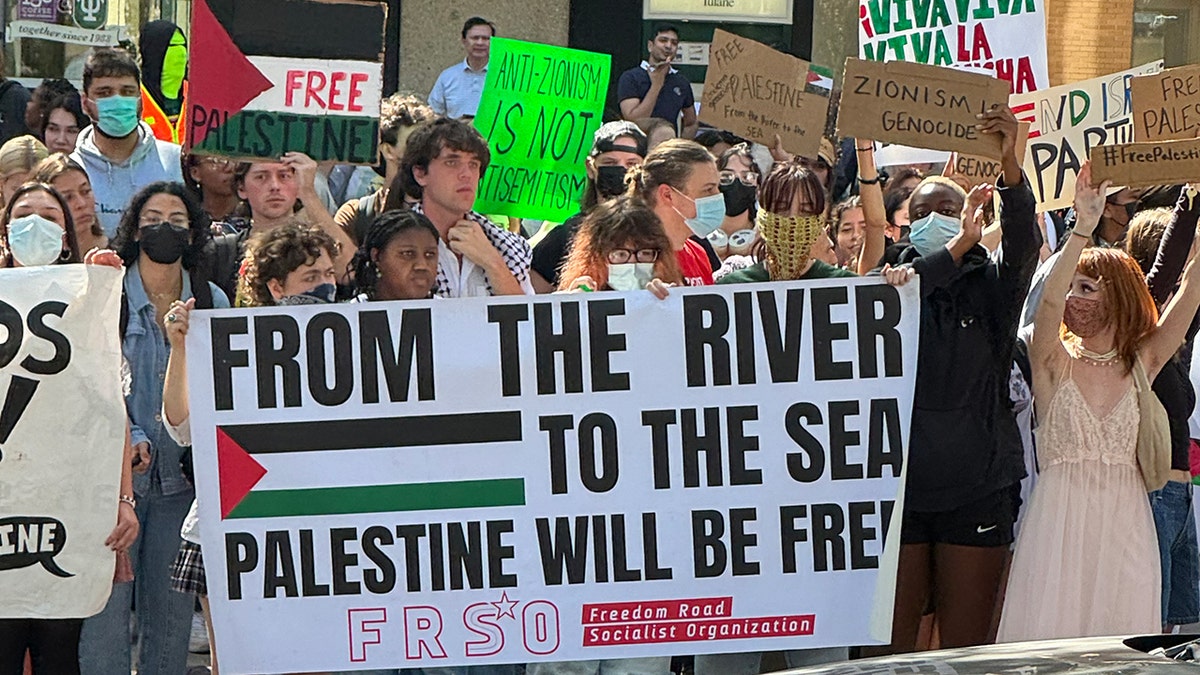Liberalism and Zionism in Contemporary American Jewish Politics

Peter Beinart goes into considerable detail in this essay exploring the growing tension between liberal and left politics and support for Zionism, especially for younger American Jews. The conclusion sums up his argument:
For many American Jews, it is painful to watch their children’s or grandchildren’s generation question Zionism. It is infuriating to watch students at liberal institutions with which they once felt aligned treat Zionism as a racist creed. It is tempting to attribute all this to antisemitism, even if that requires defining many young American Jews as antisemites themselves.
But the American Jews who insist that Zionism and liberalism remain compatible should ask themselves why Israel now attracts the fervent support of Ms. Stefanik but repels the African Methodist Episcopal Church and the United Automobile Workers. Why it enjoys the admiration of Elon Musk and Viktor Orban but is labeled a perpetrator of apartheid by Human Rights Watch and compared to the Jim Crow South by Ta-Nehisi Coates. Why it is more likely to retain unconditional American support if Mr. Trump succeeds in turning the United States into a white Christian supremacist state than if he fails.
For many decades, American Jews have built our political identity on a contradiction: Pursue equal citizenship here; defend group supremacy there. Now here and there are converging. In the years to come, we will have to choose.
There’s an added layer of painful complexity here, which is to the extent that support for Palestinian nationalism is also support for that movement’s current political leadership, then such support is also fundamentally incompatible with liberal and left broader political commitments, since that leadership is also committed to the creation of a theocratic ethno-state, in which expulsion or extermination of the other is an implicit and sometimes explicit goal.
A particularly mordant detail from the essay:
American Jews could until recently assert their Zionism without having their liberal credentials challenged.
The primary reason was the absence from American public discourse of Palestinians, the people whose testimony would cast those credentials into greatest doubt. In 1984, the Palestinian American literary critic Edward Said argued that in the West, Palestinians lack “permission to narrate” their own experience. For decades after he wrote those words, they remained true. A study by the University of Arizona’s Maha Nassar found that of the opinion articles about Palestinians published in The New York Times and The Washington Post between 2000 and 2009, Palestinians themselves wrote roughly 1 percent.
I don’t doubt that LGM’s comment section can get all this sorted out, perhaps with some help from renowned diplomatic savant Jared Kushner, who was just given an award by the Anti-Defamation League.


